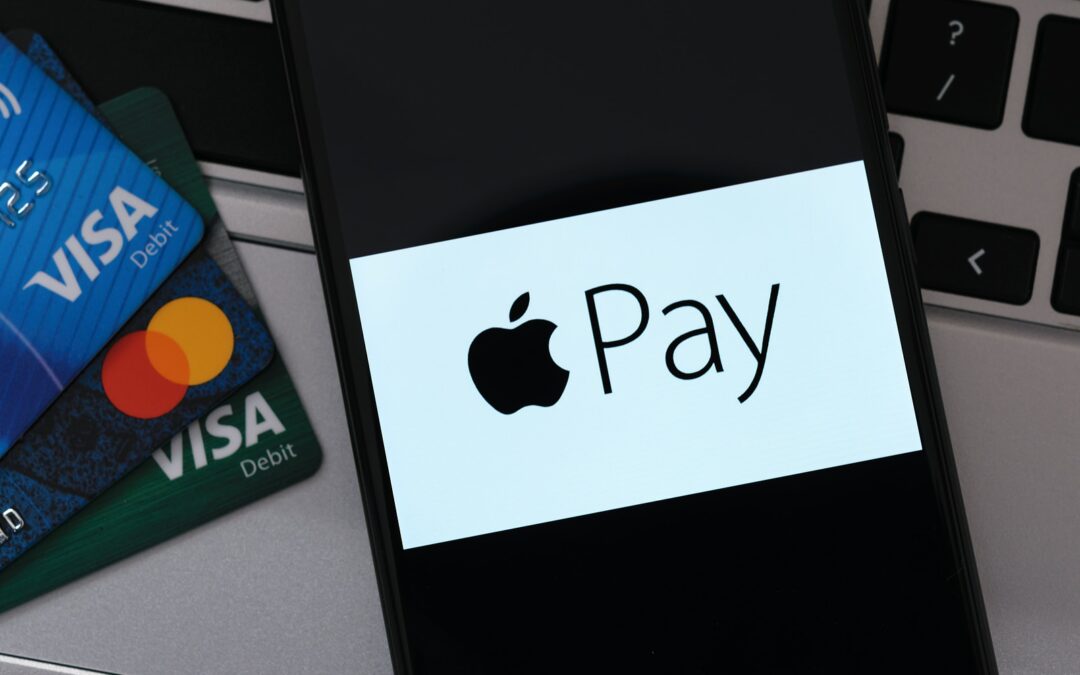
by Nicholas Mitsakos | Artificial Intelligence, Digital Assets, Finance, Financial Technology, Innovation, Transformative businesses, Writing and Podcasts
Apple can disrupt global finance. Visa and MasterCard are now vulnerable. Previously, it was believed that the capital required for infrastructure, systems, and processing was an insurmountable obstacle to any new competitor. But things have changed. Innovation and disruption in the credit card business pose a threat to established players like Visa and MasterCard. Apple can leverage its ecosystem, user experience focus, brand trust, strategic partnerships, and innovative use of data to succeed in the credit card business. Over time, as it scales and innovates, it could challenge Visa and MasterCard’s market dominance.

by Nicholas Mitsakos | Artificial Intelligence, Biotechnology, Book Chapter, Digital Assets, Innovation, Investments, Science, Technology, Writing and Podcasts
Global technological transformation and disruptive technologies create extraordinary opportunities – and magnified risks. Headline-grabbing hyperbole dominates each news cycle, and some forecasts and bewildering futuristic projections can mostly be dismissed. However, meaningful substance and catalytic disruptive change are permeating all industries.
A context to understand these developments – a broader, methodical, and disciplined way to think about disruption and transformation- shows that extraordinary opportunities on a highly competitive global scale are emerging.
Artificial intelligence and AI-generated tools, digital assets, blockchain-based businesses, gene editing, and DNA sequencing profoundly impact the world’s most important industries. New technological innovations and platforms enable unprecedented disruption to all business and economic models.

by Nicholas Mitsakos | Artificial Intelligence, Biotechnology, Digital Assets, Financial Technology, Green Energy, Transformative businesses, Writing and Podcasts
Most current innovations have yet to reach their potential, and new innovations are essential to address the most critical issues we confront, whether that is climate change, food scarcity, water shortages, or more effective distribution of innovation itself. Advanced technologies can be many things, but several areas, including artificial intelligence, life sciences, and software innovations provide the most potent platform for new opportunities, disruptive innovation, and value creation. Software will disrupt the most important industries in the world, especially finance, life sciences, and communications. These will be the fundamental innovations that will drive value creation over the course of the next year, and from now on.
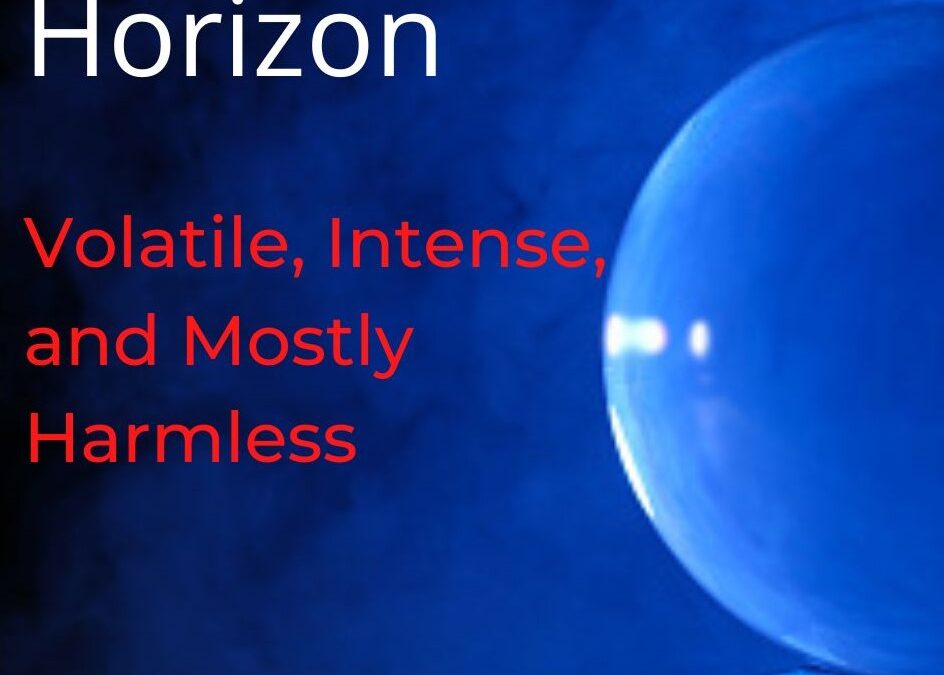
by Nicholas Mitsakos | Artificial Intelligence, Biotechnology, Book, China, commodities, Digital Assets, Economy, Financial Technology, Public Policy, Russia, Technology, Transformative businesses, Writing and Podcasts
This book explores the next decade’s more frequent and intense economic, geopolitical, fiscal, and market volatility, technological innovation, disruption, and hype.
Long-term opportunity exists, and this book uses a 10-year horizon as a surrogate for a long-term perspective. Some of the world’s most important industries are being disrupted, especially finance via digital assets and Blockchain-based businesses, life sciences via gene editing, DNA sequencing, and CRISPR, and communications via advanced wireless data networks, software technologies including artificial intelligence, and new interactive platforms such as the Metaverse.

by Nicholas Mitsakos | Book Chapter, Digital Assets, Investments, irrationality, Transformative businesses, Writing and Podcasts
It has taken over 30 years for the overnight sensation of the Metaverse, but now hype, money, and large technology companies are charging in. Most obvious and conspicuous is Facebook’s maneuver to change its name to Meta Platforms and commit $10 billion. Microsoft is making a $70 billion acquisition of Activision to mostly focus on Metaverse platform development. Following on top of these two elephants is tens of billions of dollars of venture capital. The opportunity is considered comparable to the original iPhone. None of the iPhone’s component services – mobile phone, computer, camera, and operating system, were new or distinct. The iPhone revolution is the convergence into a single device (or platform) and, most importantly, the entrepreneurial spark that lit millions of application developers to create value from the iPhone platform.
The Metaverse can best be thought of as the intersection of technologies and users. It combines virtual and augmented worlds, virtual assets, digital assets, and gaming into a single platform. However, there doesn’t seem to be anything too disruptive about the Metaverse or Web 3.0. It’s reasonable to be skeptical, and while there is an economic opportunity within the specific creation of Metaverse assets, the real opportunity remains with the infrastructure, intermediaries, picks, shovels, and “the arms dealers” of global digital war.

by Nicholas Mitsakos | Digital Assets, Financial Technology, Investments, Transformative businesses, Writing and Podcasts
Arcadia Capital announces its new digital token in partnership with Red Matter.
“Equity tokens issued on a blockchain platform are potentially the most disruptive threat to existing equity markets.” (World Economic Forum)
New digital platforms created by decentralized finance companies, such as Red Matter, integrate securities and other digital assets comprehensively. The platforms enable asset managers like Arcadia to issue, trade, settle, and provide custody services for digital assets, usually consisting of digitally native equity tokens (ICOs). This innovation is exemplified by Arcadia Digital Token Arcadia’s Digital Token.
Digital asset platforms, such as Red Matter, exist in parallel to existing market infrastructure and securities markets. Arcadia’s offering is an alternative digitized version of a typical standard asset management investment in Arcadia’s investment fund. Arcadia Capital is taking advantage of this transformative technology to present an opportunity to any qualified investor anywhere in the world to invest in our digital token.
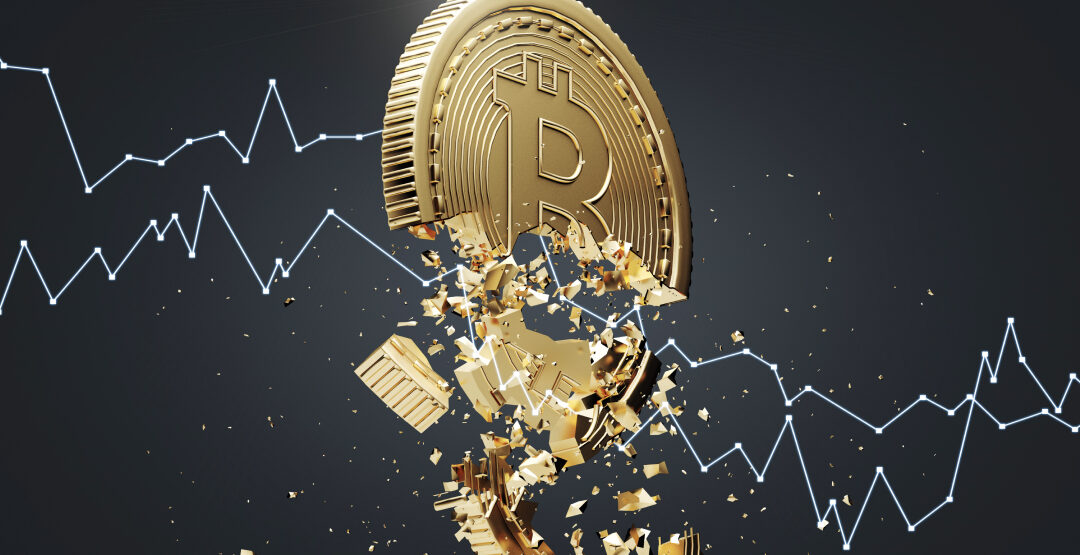
by Nicholas Mitsakos | Currency, Digital Assets, Financial Technology, Investments, irrationality, Transformative businesses, Writing and Podcasts
Cryptocurrency staying power has certainly been challenged these last few weeks. There is been a general market drop (even correction), but crypto has been collapsing in value and, to many, is in a death spiral. Of course, reality is more nuanced, and with more detailed analysis, a broad brush hardly seems appropriate. Certainly, the weakest and, honestly, craziest portions of the crypto world have been exposed to be nothing more than silliness. But some components remain resilient. The market is quite effective at sorting the specifics of an otherwise overgeneralized sector. There is no such thing as “crypto.” There are stable and valuable digital assets, globally exchangeable and disruptive. Others have nothing but fluff. Of course, government should insist on more reliable information, and institutions should guard more effectively against fraud. But, there is wheat among the chaff, and it continues to have the potential to be disruptive, create substantial value, and enhance global prosperity.

by Nicholas Mitsakos | Artificial Intelligence, Biotechnology, Book Chapter, Digital Assets, irrationality, Transformative businesses, Writing and Podcasts
Transformation, or euphemistically, “disruption,” creates great opportunities to capture newly created wealth. But, as industries are transforming and strategic disruption is occurring, quite a lot of absurdity and certainly enough terror are associated with some of these extraordinary opportunities to require much greater analysis and understanding.
There are extraordinary risks associated with anything disruptive and transformational. The first disruptor isn’t always the one who creates the most value or is even a sustainable competitive entity.
Innovation does not mean competitive sustainability. Digital platforms, ranging from the internet to digital assets and cryptocurrency are transforming industries globally. But, along with that comes a lot of hyperbole and typically that is followed by very little substance. Great companies use technological disruption, innovation, and transformation to establish themselves and thrive. But they rarely last. Every company, even the most valuable companies such as Apple, Apple, Amazon, Facebook, Netflix, etc. must dynamically transform to stay competitive and valuable.
Transformations are certain. New entities will become very valuable, legacy companies will diminish, and a handful will transform and thrive.
Transformation and sustainability create and capture great wealth, but are far more challenging to identify, and even more challenging to sustain.

by Nicholas Mitsakos | Book Chapter, Currency, Digital Assets, Investments, Technology, Writing and Podcasts
Super lofty ideas get attention and publicity, but they are not real. Narrow, specific applications are where true foundational value is created. The financial revolution will certainly not be based on a process where someone buys coins or tokens and simply waits for them to increase in value. On top of that, despite the belief that there will be frictionless peer-to-peer transactions, purchasing any cryptocurrency requires a crypto exchange like Coinbase or FTX that charge high trading fees and have questionable security. Blockchain is an evolution for businesses, it is not a disruption or a new infrastructure. It will improve user experiences, regulatory clarity, and interoperability. Crypto proved that digital transfers and settlements were possible, it is the blockchain platform that enables this efficiently and securely. It may be boring and we’re not going to have any stadiums or arenas named after a technology platform, but real change will be driven by a blockchain. The rest is a noisy sideshow.
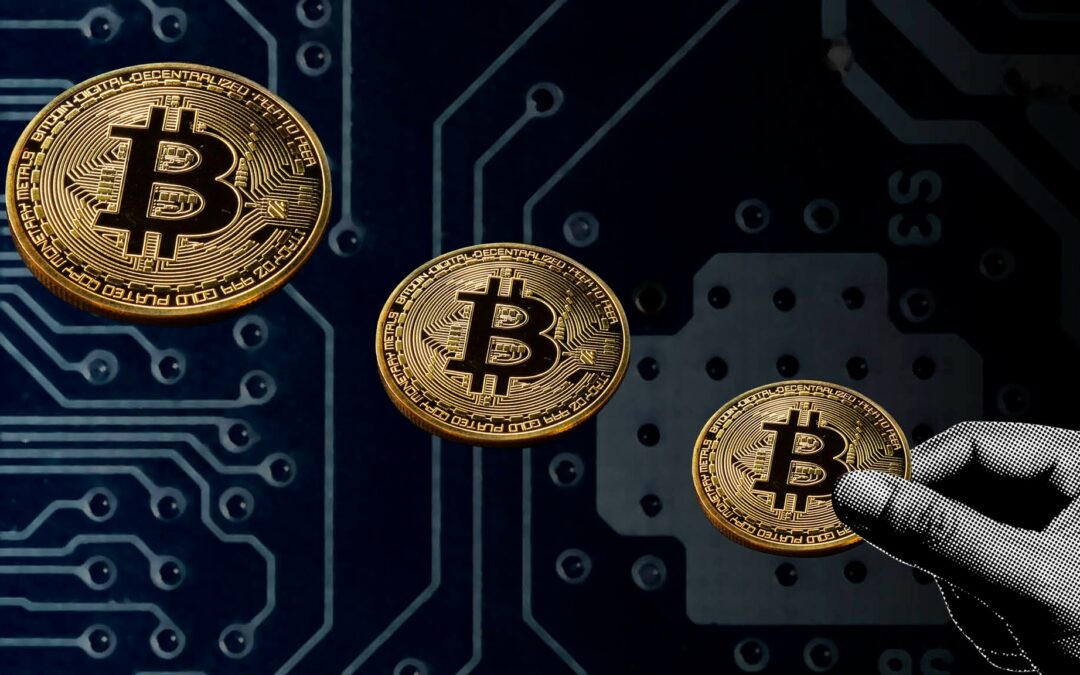
by Nicholas Mitsakos | Currency, Digital Assets, Writing and Podcasts
Cryptocurrency refers to many types of digital assets, including blockchain-based businesses, NFTs, and decentralized finance. Long-term value is challenging to determine, but extreme and frequent volatility isn’t. Disciplined algorithmic trading appears to be the most attractive and least risky investment approach.

by Nicholas Mitsakos | Book Chapter, Digital Assets, Investment Principles, Technology, Transformative businesses, Writing and Podcasts
Every industry consolidates to a handful of centralized competitors. That will never change regardless of current dreams of decentralization from Web 3.0. Modern computing is a constant struggle between decentralization and centralization. Centralization wins eventually, and it will again. These dynamics, combined with the latest crash that may cool investors’ appetite for all things crypto, suggest that Web 3.0 will not dislodge Web 2.0. Instead, the future may belong to a mix of the two, with Web 3.0 occupying certain niches. Whether or not people keep splurging on NFTs, such tokens make a lot of sense in the metaverse, where they could be used to track ownership of digital objects and move them from one virtual world to another. Web 3.0 may also play a role in the creator economy, assuring intellectual property ownership. NFTs make it easier for creators of online content to make money. In this limited way, at least, even the masters of Web 2.0 see the writing on the wall: on January 20th both Meta and Twitter integrated NFTs into their platforms.
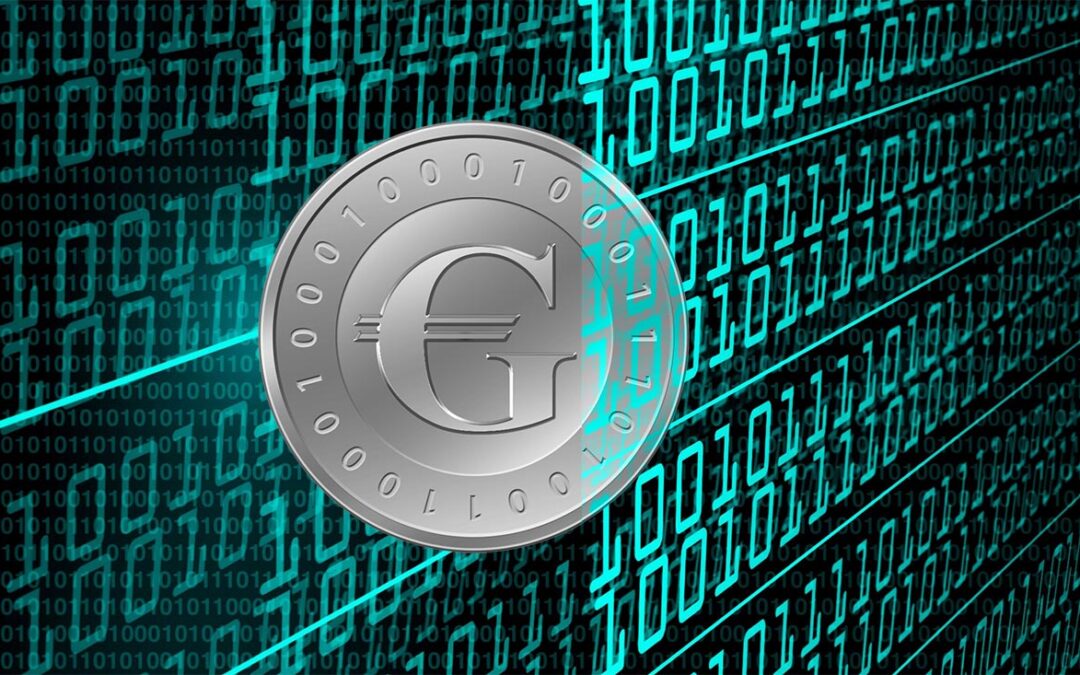
by Nicholas Mitsakos | Book Chapter, Currency, Digital Assets, Investments, Technology, Writing and Podcasts
Decentralized finance (DeFi) can disrupt global finance – but only if Defi systems and central governments cooperate. Yes, sworn enemies cooperating for the greater good.
While each seems to be the sworn enemy of the other, ultimately, a cooperative relationship between decentralized and efficient (versus anachronistic and cumbersome) financial infrastructure and government central banks with stable currencies is absolutely necessary.
Defi transactions, to scale globally, require stable and predictable value. Government-issued currencies are the only reliable and foreseeable foundation. Cryptocurrencies, such as Bitcoin were never currencies. They are a sideshow that will remain a speculative asset, and increasingly unimportant.
Cryptocurrencies represent an architectural shift in how financial infrastructure and technology interact, and therefore, it is disrupting how the financial industry works globally. It is neither a new kind of money system nor a danger to economic stability. It is more important than that.











